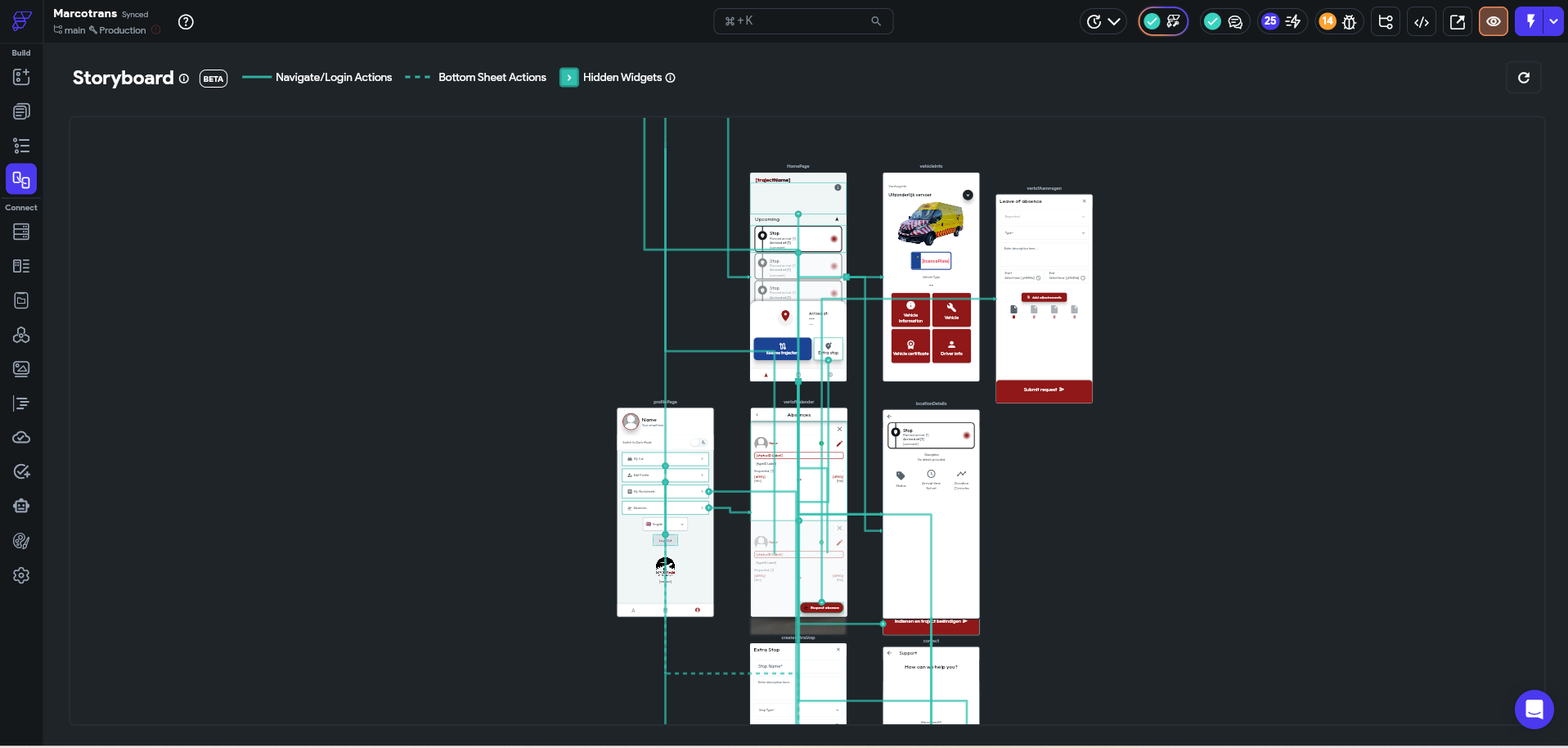Low code application development is gaining more and more popularity. More and more companies are making the move to a low code software development process. According to Locofy, this trend will not change course anytime soon. But, what is it, and why do organizations find it so interesting? We list it.
Low code development is an approach to software development that aims to simplify the application development process by reducing the amount of manual coding required. Instead of writing complex code from scratch, developers use visual interfaces and drag-and-drop tools to build applications. Using low code platforms allows developers to focus on the design and functionality of the application, rather than the underlying code.Unlike a high code development process, particularly a traditional software development method where developers need extensive programming knowledge to build applications, low code development aims to allow organizations to build and deploy apps faster. Organizations can thus easily meet their business needs and launch applications faster, without having to rely on their highly skilled developers.

Faster application development
Low code platforms can significantly speed up the application development process. This is because such platforms provide several predefined components and templates. In addition, these applications can get to market faster, which also allows developers to react faster to changing market conditions and customer needs. Low-code development is thus particularly suitable for organizations that need to build applications quickly, with limited development resources or that want to accelerate the development process.
Cost savings
Because building low code applications takes less time and requires fewer highly skilled developers, development is typically less expensive than if an app is set up through a traditional software development method with manual code.
Greater flexibility
Low code development is also of interest to organizations that want to be more agile and respond quickly to changing business needs. The application is quickly and easily adaptable without having to scroll through a long list of code or worry about dependencies. This allows organizations to stay ahead of the competition and better respond to changing market conditions.
Fewer errors
Because low code development requires less code to be written manually, it significantly lowers the chances of errors or bugs.
Quivvy is happy to pull the card of low code development, delivering quality and efficient low code applications tailored to your business. Our team of experienced developers listens to the ideas and requirements of you and your company, to come up with an optimal solution that reflects the business needs.